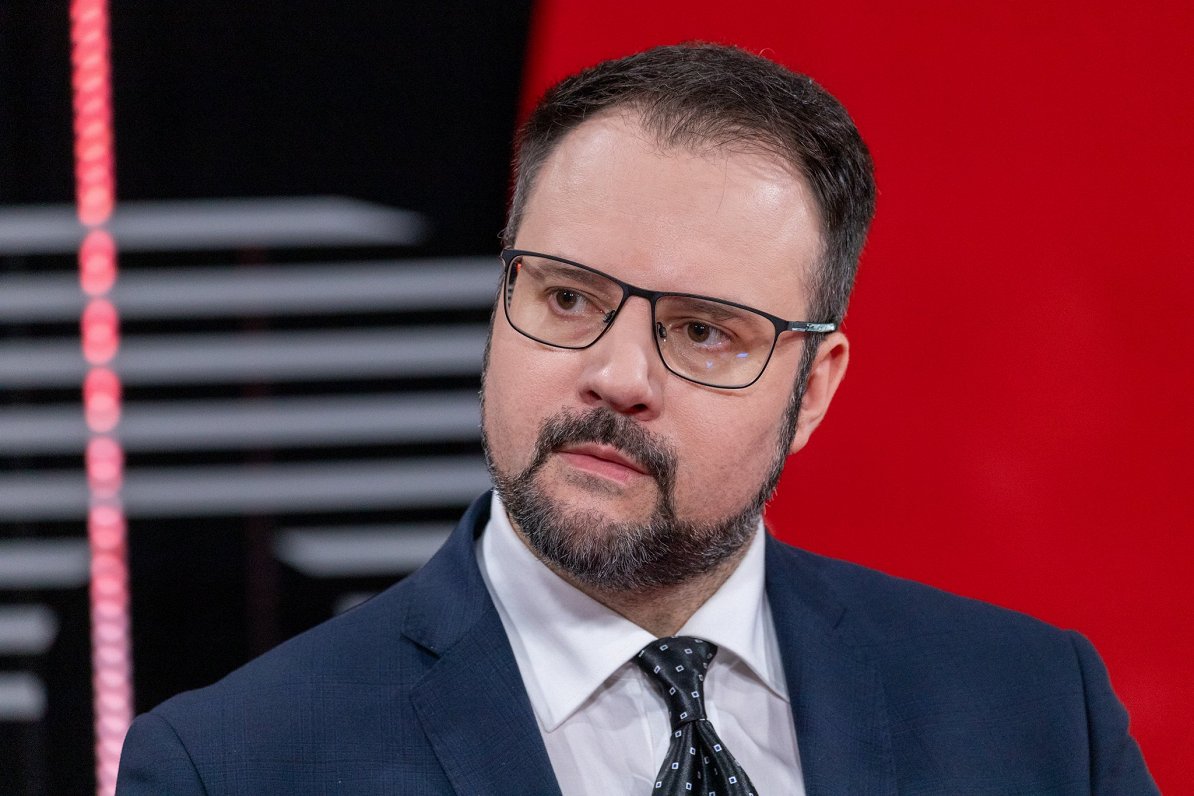Briškens said he expects train certification to conclude by the end of the year, a time-consuming and complex process for new trains to appear in the electrified zone from next year. He added that the certification process “comes with risks,” so he would give a couple more months and predicted trains would not be in service until next year.
Previously – in February this year – the train manufacturer “Skoda Vagonka” and the passenger train service provier “Pasazieru Vilciens” confirmed to the Ministry of Transport that it is planned to start passenger transport with new electric trains at the end of this summer, but later announced that due to the certification process, trains will not start running until autumn of this year.
The contract to supply 32 new electric trains, signed by the Pasazieru Vilciens and Skoda Vagonka in mid-2019, saw the first trains delivered in the first half of 2022, but by the end of 2023, passenger services would already be operated with all 32 new trains. But the war in Ukraine delayed deliveries because trains to Riga had to be carried by road and assembled locally.
Each train will consist of four carriages. The length of one electric train will be 109 meters. Each train will have seats for 436 passengers.






























